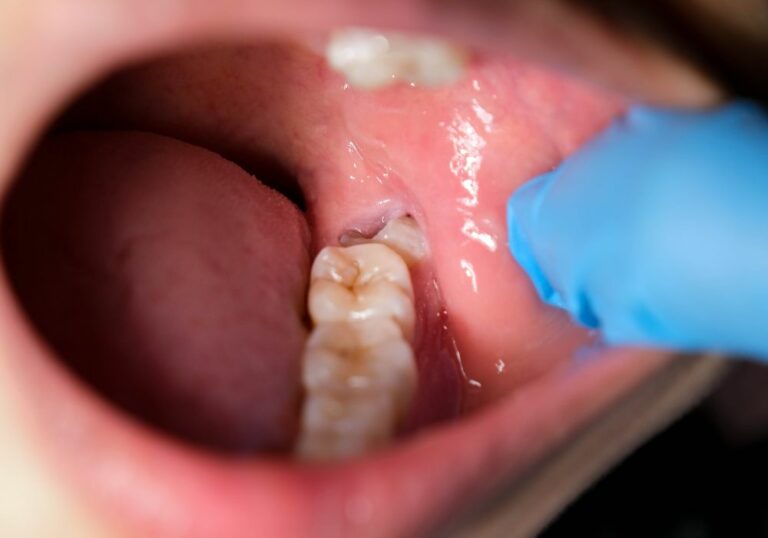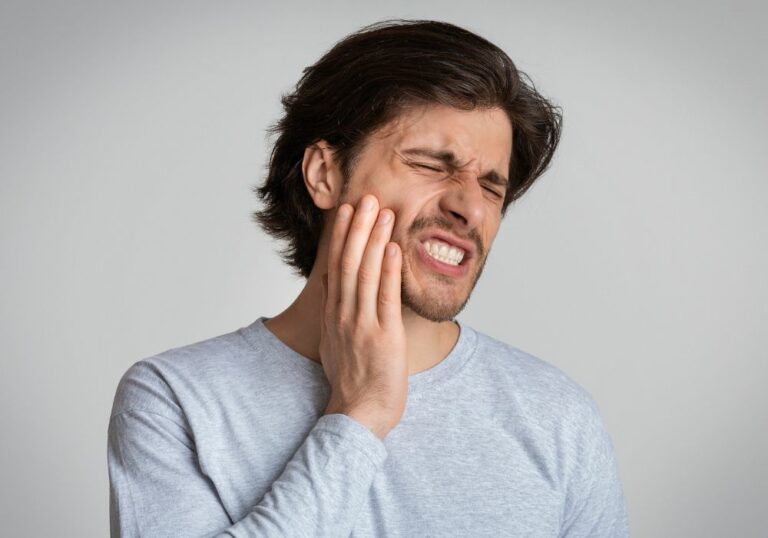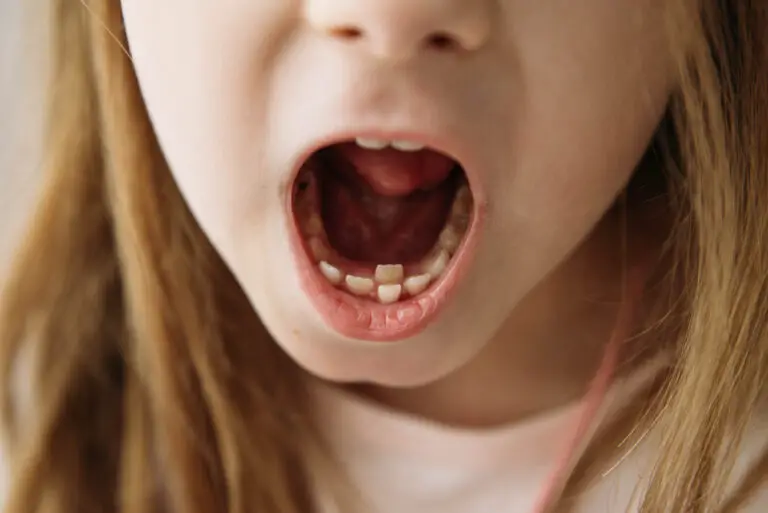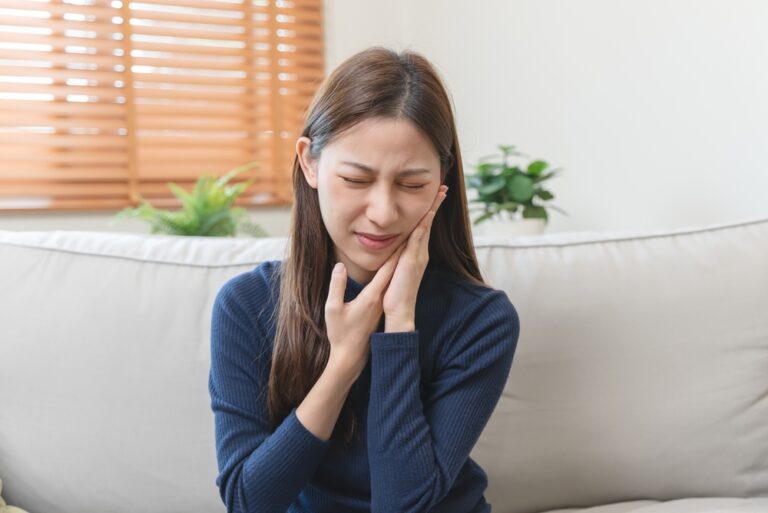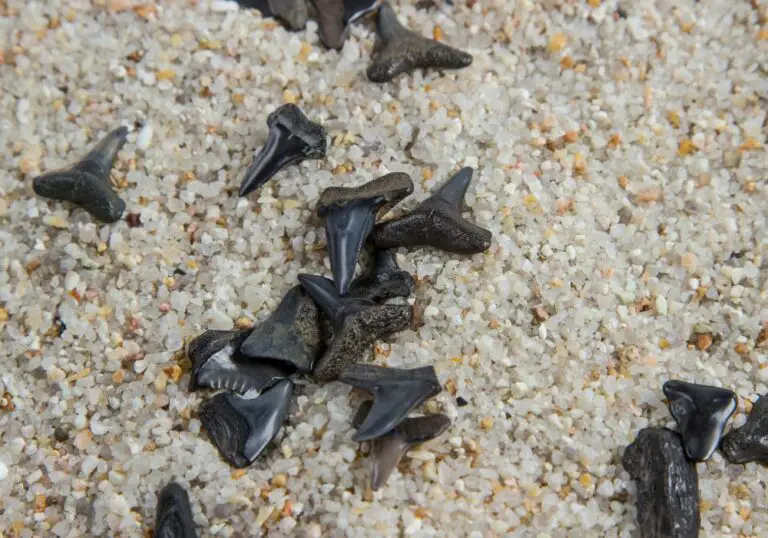Are you wondering if you can eat noodles after wisdom teeth removal? After a wisdom tooth extraction, it is essential to follow a soft food diet to avoid any complications or irritation to the surgical site. While noodles are a favorite food for many people, they can be challenging to eat after the procedure.
The type of noodles you can eat after wisdom teeth removal depends on the stage of your recovery. During the first few days, it is best to stick to liquid or pureed foods to avoid any damage to the surgical site. As you progress through your recovery, you can gradually introduce soft foods like noodles. However, you should avoid spicy or acidic sauces that can irritate the wound.
In this article, we will discuss the types of noodles you can eat after wisdom teeth removal and provide tips on how to prepare them. We will also explore the foods to avoid during your recovery period and how to maintain good oral hygiene to promote healing.
Understanding Wisdom Teeth Removal
What is Wisdom Teeth Removal?
Wisdom teeth removal is a common dental procedure that involves the extraction of one or more wisdom teeth. Wisdom teeth are the last set of molars to emerge, typically appearing in the late teenage years or early twenties. Most people have four wisdom teeth, but some may have fewer or none at all.
Why is it Done?
Wisdom teeth removal is done for various reasons, including:
- Impacted teeth: When wisdom teeth don’t have enough room to emerge, they can become impacted, causing pain, infection, and damage to surrounding teeth.
- Crowding: Wisdom teeth can push neighboring teeth out of alignment, causing crowding and bite problems.
- Decay: Wisdom teeth are prone to decay and cavities because they’re hard to reach and clean properly.
- Gum disease: Wisdom teeth can contribute to gum disease by trapping food particles and bacteria.
The Recovery Process
After wisdom teeth removal, it’s important to follow your dentist’s aftercare instructions to ensure proper healing and minimize complications. Here are some general guidelines:
- Rest for the first 24 hours and avoid strenuous activities.
- Apply ice packs to your cheeks to reduce swelling and pain.
- Eat soft foods that don’t require much chewing, like noodles, soup, and mashed potatoes.
- Avoid crunchy, spicy, and acidic foods that can irritate the extraction site.
- Rinse your mouth gently with warm salt water to keep the area clean.
- Take pain medication as prescribed by your dentist.
Most people recover from wisdom teeth removal within a week or two, but it may take longer for some. If you experience severe pain, bleeding, or fever, contact your dentist immediately.
Post-Surgery Diet

After wisdom teeth removal, it’s important to follow a proper diet to ensure a smooth and speedy recovery. Here are some tips on what to eat and what to avoid during the post-surgery period.
Foods to Eat
During the first few days after surgery, it’s best to stick to a liquid or soft food diet. Some good options include:
- Broth-based soups
- Smoothies
- Yogurt
- Applesauce
- Mashed potatoes
- Oatmeal
- Scrambled eggs
- Soft fruits like bananas and avocados
It’s important to stay hydrated during this time, so be sure to drink plenty of water and other fluids.
Foods to Avoid
Certain foods can irritate the extraction site or get trapped in the area, which can lead to infection. Here are some foods to avoid during the post-surgery period:
- Crunchy or hard foods like chips, nuts, and popcorn
- Spicy or acidic foods like hot sauce and citrus fruits
- Sticky or chewy foods like caramel and gum
- Carbonated beverages
- Alcohol
It’s also best to avoid using straws during this time, as the sucking motion can dislodge the blood clot and delay healing.
By following these guidelines, you can help ensure a smooth and comfortable recovery after wisdom teeth removal.
Can I Eat Noodles After Wisdom Teeth Removal?
If you’re wondering whether you can eat noodles after wisdom teeth removal, the answer is yes, you can. However, there are a few things you should keep in mind to ensure a speedy recovery.
Firstly, it’s important to note that your gums are still healing after the extraction, so you need to be careful not to irritate them. Stick to soft foods that won’t require a lot of chewing. Secondly, you want to avoid hot soup, as it can cause discomfort and even damage to the healing area.
When it comes to noodles, there are a few options that are safe to eat after wisdom teeth removal. Ramen noodles are a popular choice, as they are soft and easy to eat. However, it’s important to avoid any spicy or acidic sauces, as they can irritate the gums.
Other types of noodles that are safe to eat include udon noodles, soba noodles, and egg noodles. Just make sure to cook them until they are soft and easy to chew.
Overall, noodles can be a great option for a soft food diet after wisdom teeth removal. Just be sure to avoid any spicy or acidic sauces, and stick to soft noodles that won’t require a lot of chewing.
The Right Time to Eat Noodles

When it comes to eating noodles after wisdom teeth removal, it’s important to wait until the right time to avoid any complications. While noodles are generally soft and easy to eat, they can still cause irritation or discomfort if eaten too soon after surgery.
In general, it’s best to wait at least 24-48 hours before attempting to eat noodles or any other solid foods. During this time, you should stick to a soft or liquid diet to allow the extraction site to heal properly.
Once you’re ready to start eating soft foods again, you can gradually introduce noodles into your diet. Start with small portions and make sure the noodles are cooked until they are soft and easy to chew. Avoid adding any hard or crunchy ingredients, such as vegetables or nuts, that could irritate the extraction site.
It’s also important to avoid using a straw when drinking liquids, as the sucking motion can dislodge the blood clot and delay the healing process. Instead, drink from a cup and take small sips to avoid any discomfort.
Remember to follow your dentist’s instructions and take it slow when reintroducing solid foods into your diet. With a little patience and care, you’ll be able to enjoy your favorite foods, including noodles, in no time.
Precautions While Eating Noodles
If you are craving noodles after wisdom teeth removal, you can have them, but you need to be careful. Here are some precautions to take while eating noodles:
1. Choose the Right Type of Noodles
When it comes to noodles, you need to choose the right type. Soft noodles like ramen, udon, or soba are good options. Avoid noodles that are too hard or chewy, such as spaghetti or fettuccine. These can be difficult to chew and may irritate your gums.
2. Cut the Noodles into Small Pieces
Before you start eating noodles, cut them into small pieces. This will make them easier to chew and prevent them from getting stuck in your extraction site. Use a pair of scissors or a knife to cut them into small, bite-sized pieces.
3. Chew Slowly and Carefully
When you start eating noodles, chew them slowly and carefully. Take small bites and chew them thoroughly before swallowing. This will help prevent any irritation or discomfort in your extraction site.
4. Avoid Hot Noodles
Hot noodles can be tempting, but they can also cause discomfort in your extraction site. Stick to lukewarm or room temperature noodles to avoid any pain or irritation.
5. Rinse Your Mouth After Eating
After you finish your noodles, rinse your mouth with warm salt water. This will help remove any food particles or debris from your extraction site and prevent infection.
By following these precautions, you can enjoy your noodles without any complications or discomfort. Remember to always follow your dentist’s aftercare instructions and take good care of your oral hygiene.
Other Suitable Foods After Wisdom Teeth Removal
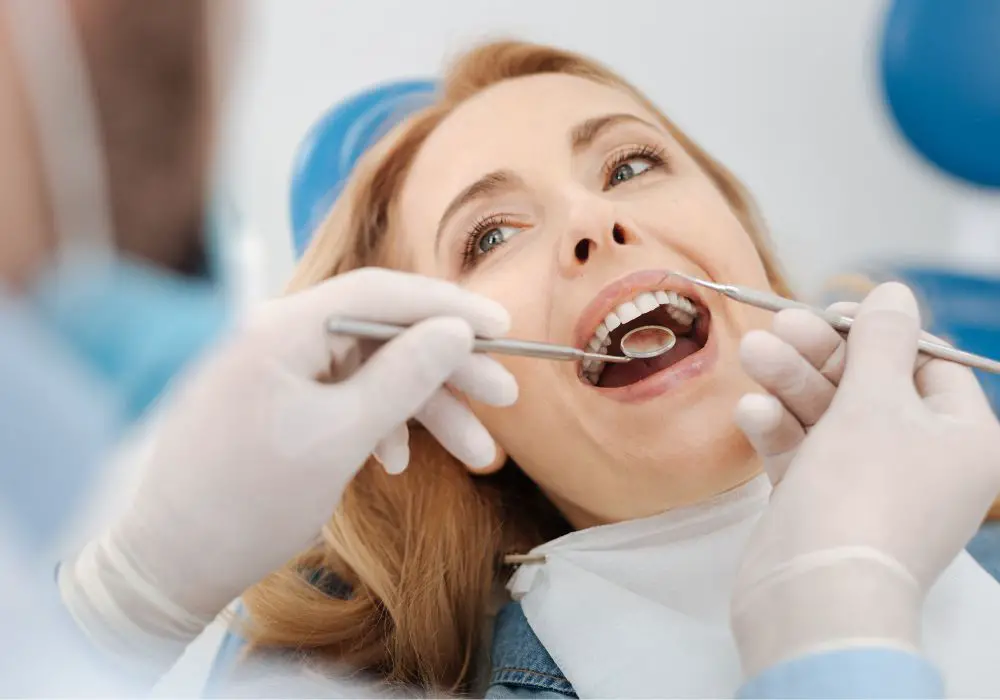
In addition to noodles, there are plenty of other soft and easy-to-eat foods that you can enjoy after your wisdom teeth removal. Here are some options to consider:
Soft Proteins
Protein is important for the healing process, but it can be difficult to eat meat or other tough proteins after surgery. Here are some soft options:
- Scrambled eggs
- Cottage cheese
- Tofu
- Smooth nut butter
- Protein shakes or smoothies
Soft Fruits and Vegetables
Fruits and vegetables are important for a healthy diet, but they can be difficult to eat after wisdom teeth removal. Here are some soft options:
- Applesauce
- Mashed bananas
- Cooked and mashed sweet potatoes
- Steamed or roasted vegetables (such as carrots or broccoli)
- Fruit smoothies
Soft Carbohydrates
Carbohydrates are an important source of energy, but they can be difficult to eat after surgery. Here are some soft options:
- Cooked and mashed grains (such as rice or quinoa)
- Soft bread or toast
- Cooked and mashed pasta
- Oatmeal or other hot cereals
- Soft crackers or chips
Remember to avoid any foods that are hard, crunchy, or spicy, as they can irritate the extraction site and prolong the healing process. Stick to soft, easy-to-eat foods for the first few days after surgery, and gradually reintroduce harder foods as you feel comfortable.
Frequently Asked Questions
What can I eat after wisdom teeth removal?
After wisdom teeth removal, it is recommended that you stick to soft and liquid foods for the first few days. This will help prevent any irritation or damage to the surgical site. Some good options include smoothies, soups, mashed potatoes, and yogurt.
Is it safe to eat noodles after wisdom teeth removal?
It depends on the type of noodles. Soft noodles like ramen or udon can be a good option as long as they are not too hot. However, hard or crunchy noodles like spaghetti should be avoided as they can cause discomfort and irritation to the surgical site.
When can I start eating normally after wisdom tooth extraction?
It is important to wait until the surgical site has fully healed before returning to your normal diet. This can take anywhere from a few days to a few weeks depending on the individual. Your dentist or oral surgeon will provide you with specific instructions on when it is safe to resume normal eating habits.
Can I eat Alfredo pasta after tooth extraction?
Alfredo pasta can be a good option as long as the sauce is not too thick or chunky. It is important to avoid any hard or crunchy ingredients like chicken or vegetables that may cause discomfort or irritation to the surgical site.
Can I eat mac and cheese after wisdom teeth removal?
Mac and cheese can be a good option as long as the noodles are soft and the cheese sauce is not too thick or chunky. It is important to avoid any hard or crunchy ingredients like breadcrumbs or bacon bits that may cause discomfort or irritation to the surgical site.
Can I have yogurt after wisdom teeth removal?
Yes, yogurt is a great option after wisdom teeth removal. It is soft, easy to eat, and can help promote healing. Just make sure to avoid any flavors with chunks of fruit or granola that may cause discomfort or irritation to the surgical site.

